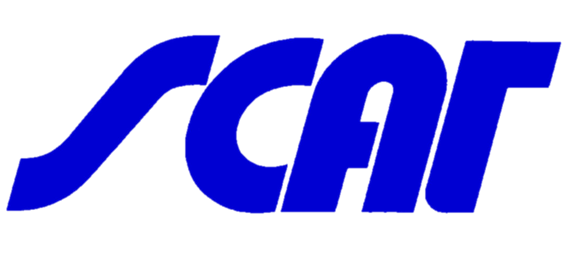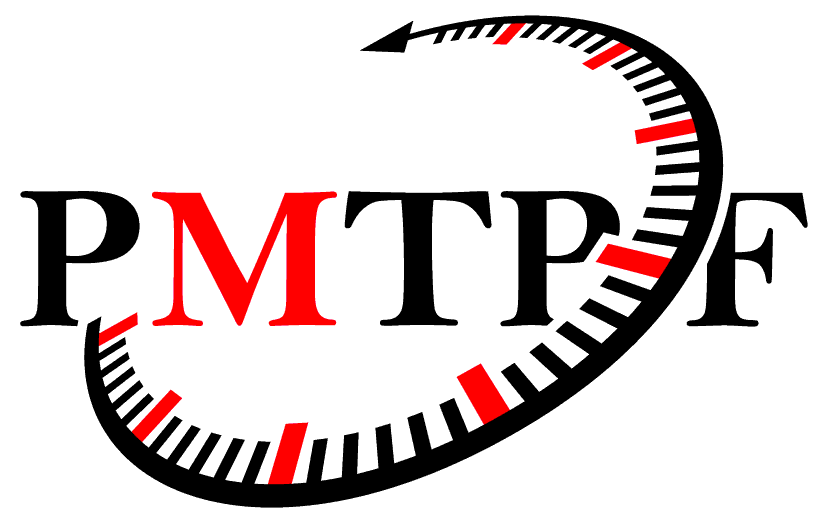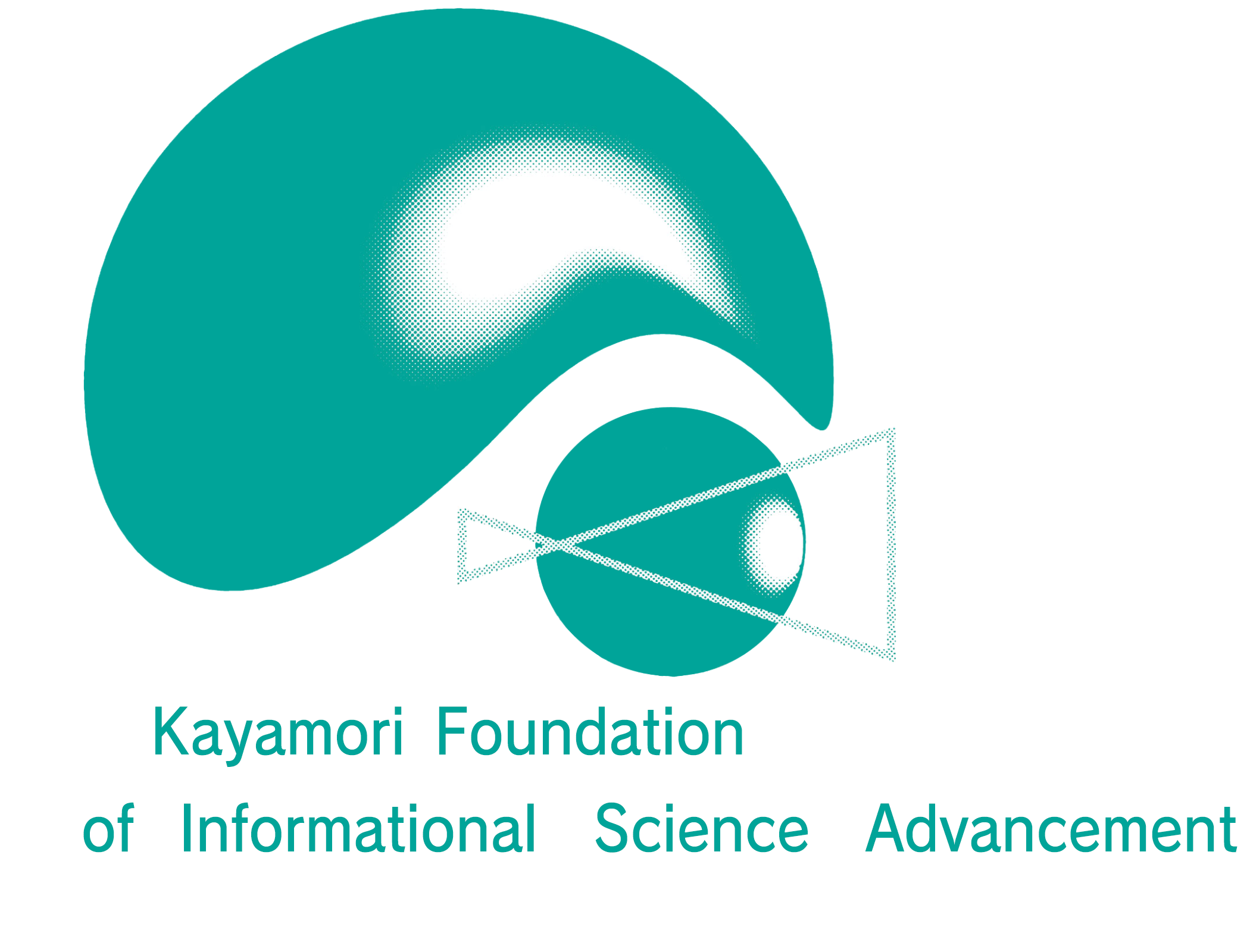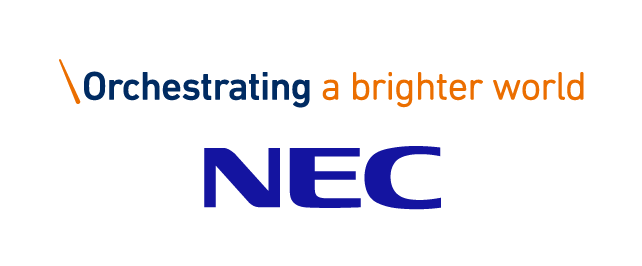ACM SIGDA Student Research Forum at ASP-DAC 2023 (SRF@ASP-DAC 2023)
Accepted Posters
| Title | Authors and Affiliation |
| CDB: Critical Data Backup Design for Consumer Devices with High-Density Flash based Hybrid Storage | Longfei Luo (China East China Normal University) |
| Memristor Based Artificial Intelligence Accelerators using In/Near Memory Computing Paradigm | Kamel-Eddine Harabi (France Université Paris-Saclay) |
| Infusing Intelligence for Automatic, Advanced, and Agile Hardware Development | Nan Wu (University of California, Santa Barbara) |
| Enabling Efficient Edge Intelligence: A Hardware-Software Co-design Approach | Shuo Huai (Nanyang Technological University) |
| MGC: Multiple-Gray-Code for 3D NAND Flash based High-Density SSDs | Yina Lv (East China Normal University) |
| Mining Message Flows from System-on-Chip Execution Traces | Md Rubel Ahmed (University of South Florida) |
| Hardware and Software Architectures for Energy-Efficient Smart Healthcare Systems | Bharath Srinivas Prabakaran (Technische Universität Wien) |
| Fair AI for Edge Devices | Yi Sheng (George Mason University) |
| Accelerating Memory Intensive Algorithms and Applications using In-Memory Computing | Ann Franchesca Laguna (De La Salle University) |
| Architecture Guided Algorithmic Automation for Energy-Efficient, Robust, and Privacy-Preserving DNNs | Souvik Kundu (University of Southern California) |
| Efficient Approximate Machine Learning Architectures for Edge Devices | Tianen Chen (University of Wisconsin-Madison) |
| Resilience and Energy-Efficiency for Deep Learning and Spiking Neural Networks for Embedded Systems | Rachmad Vidya Wicaksana (Technische Universität Wien) |
| A 440nW RISC-V-Based System-on-Chip on Silicon-On-Thin-BOX (SOTB) for IoT Applications | Marco Sarmiento (The University of Electro-Communications) |
| The Trio of Learning, Optimization, and Acceleration for Efficient Electronic Design Automation | Zhuolun He (The Chinese University of Hong Kong) |
| RBNNA: Randomized Binary Neural Network based on Adiabatic Quantum-Flux-Parametron | Zhengang Li (Northeastern University) |
| Efficient Sizing of Analog Integrated Circuits using Learning-Based Optimization Methods | Ahmet Budak (The University of Texas at Austin) |
| An FPGA Virtualization Framework with Elastic Runtime Resource Management | Wenbin Teng (University of Science and Technology of China) |
| Securing AI/ML Applications from Hardware to Software | Brooks Olney (University of South Florida) |
| Novel techniques for timing analysis of VLSI circuits | Dimitrios Garyfallou (University of Thessaly) |
| Streaming Architectures are the Future of Efficient Convolutional Neural Network Acceleration | Alexander Montgomerie-Corcoran (Imperial College London) |
Sponsors
Cadence Design Systems, Inc.
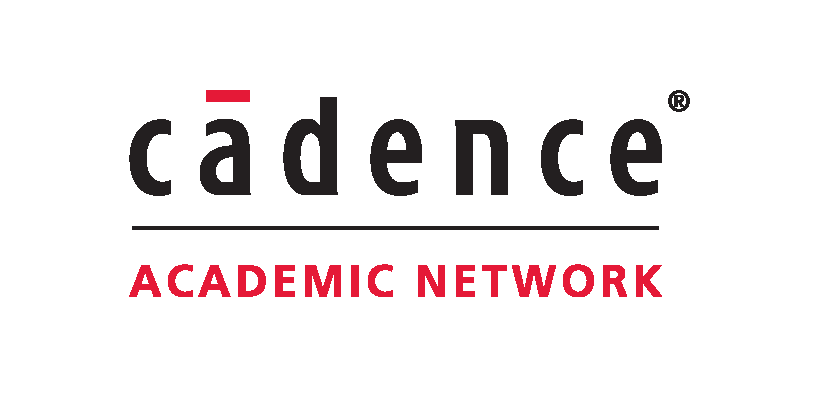
Cadence is a pivotal leader in electronic systems design, building upon more than 30 years of computational software expertise. The company applies its underlying Intelligent System Design strategy to deliver software, hardware, and IP that turn design concepts into reality. Cadence customers are the world's most innovative companies, delivering extraordinary electronic products from chips to boards to complete systems for the most dynamic market applications including hyperscale computing, 5G communications, automotive, mobile, aerospace, consumer, industrial, and healthcare. For eight years in a row, Fortune magazine has named Cadence one of the 100 Best Companies to Work For, with additional recognitions across 13 different countries, including the World's Best Multinational Workplaces recognition and Asia's Best Workplaces!
Join us at the SIGDA Student Research Forum on January 17, 2023 to learn more about Cadence, and network with industry experts and Cadence executives.
X-EPIC

Call for Submission:
SIGDA Student Research Forum at ASP-DAC 2023 (SRF@ASP-DAC 2023)
The Student Research Forum at the ASP-DAC is renovated from a traditional poster
session hosted by ACM SIGDA for PhD students to present and discuss their
dissertations with experts in the design automation community. Starting from 2015,
the forum includes both PhD and MS students, offering great opportunity for the
students to establish contacts for their future career. In addition, the forum helps the
companies and academic institutes to get an overview of the latest research and
discover the extraordinary candidates for their employment.
Considering ASP-DAC 2023 is going hybrid due to COVID-19, SRF@ASP-DAC 2023
will be held as a hybrid forum. The forum welcomes all students, professors and
industrial professionals from the relevant research community. The student author
of each accepted submission by the forum is required to have a registration to ASPDAC
2023 at least at the full student rate. The forum will provide financial support
equivalent to the full student rate for each accepted submission, and students
travel for those who will attend and present at SRF@ASP-DAC 2023 in-person. Nonauthor
attendees of the forum are not required to register ASP-DAC 2023 but are
highly encouraged to do so for an integrated experience.
ELIGIBILITY
- Students must be within 1 year (M.S.) or 2 years (Ph.D.) of dissertation completion or have completed their dissertation during the last 12 months.
- Dissertation topic must be relevant to the ASP-DAC community.
- Previous ASP-DAC forum presenters are not eligible.
- Students who have presented previously at DAC/DATE PhD forums are eligible.
- Only students with at least one published or accepted conference, symposium or journal "full" paper are eligible for awards.
- Students must attend the forum virtually to present the poster in person without substitute presentations, or else please contact the SRF Chair in advance.
SUBMISSION REQUIREMENTS
A two-page PDF abstract of the dissertation (in two-column format, using 10pt.
fonts and single-spaced lines), including name, institution, adviser, contact
information, estimated (or actual) graduation date, whether the work has been
presented at DAC PhD Forum or DATE PhD Forum, as well as figures and
bibliography (if applicable). Please indicate in the two-page PDF whether you need
travel support from SRF@ASP-DAC 2023. The two-page limit on the abstract will be
strictly enforced: any material beyond the second page will be ignored by the
reviewers. Each accepted abstract has to prepare a poster and a short video
presentation, and the student has to attend the forum (virtually or physically) for
real-time interactions.
To be considered for awards, a student must explicitly indicate, in the title of the
two-page abstract, the venues for which the work was published or accepted, and
a list of all papers authored or co-authored by student should be included in
bibliography of the two-page abstract. papers must be related to the dissertation
topic. Those on topics unrelated to dissertation abstract will not be considered.
Submission website: https://easychair.org/conferences/?conf=srfaspdac2023
IMPORTANT DATES
Submission Deadline: November 30, 2022 (firm)
Date of Acceptance Notification: December 13, 2022
Poster and Short Video Submission Deadline: January 4, 2023
Forum Date: January 17, 2023
CONTACT INFORMATION
For queries, please send an e-mail to Prof. Lei Yang (lyang29 [at] gmu.edu). Please
include "SRF@ASP-DAC 2023" in the subject of your email.
Organizers
- Chair:
- Lei Yang, George Mason University, US
- Co-Chairs:
- Dayane A. Reis, University of South Florida, US
- Jieru Zhao, Shanghai Jiao Tong University, China
- Technical Committee:
- Iraklis Anagnostopoulos, Southern Illinois University, USA
- Yuan-Hao Chang, Academia Sinica, Taiwan
- Bryan Donyanavard, San Diego State University, USA
- Shouzhen Gu, East China Normal University, China
- Zhezhi He, Shanghai Jiao Tong University, China
- Zhenge Jia, University of Notre Dame, USA
- Bingzhe Li, Oklahoma State University, USA
- Qian Lou, University of Central Florida, USA
- Zhe Lin, Peng Cheng Laboratory, China
- Jurn-Gyu Park, Nazarbayev University, Kazakhstan
- Ao Ren, Chongqing University, China
- Youcheng Sun, Queen's University Belfast, UK
- Umamaheswara Rao Tida, North Dakota State University, USA
- Xunzhao Yin, Zhejiang University, China
- Jinyu Zhan, University of Electronic Science and Technology of China, China
- Jun Zhang, Arizona State University, USA
- Xinyi Zhang, Meta, USA
- Hao Zheng, University of Central Florida, USA
- ASP-DAC liaison:
- Masashi Tawada, Waseda University, Japan
- Shinichi Nishizawa, Waseda University, Japan




